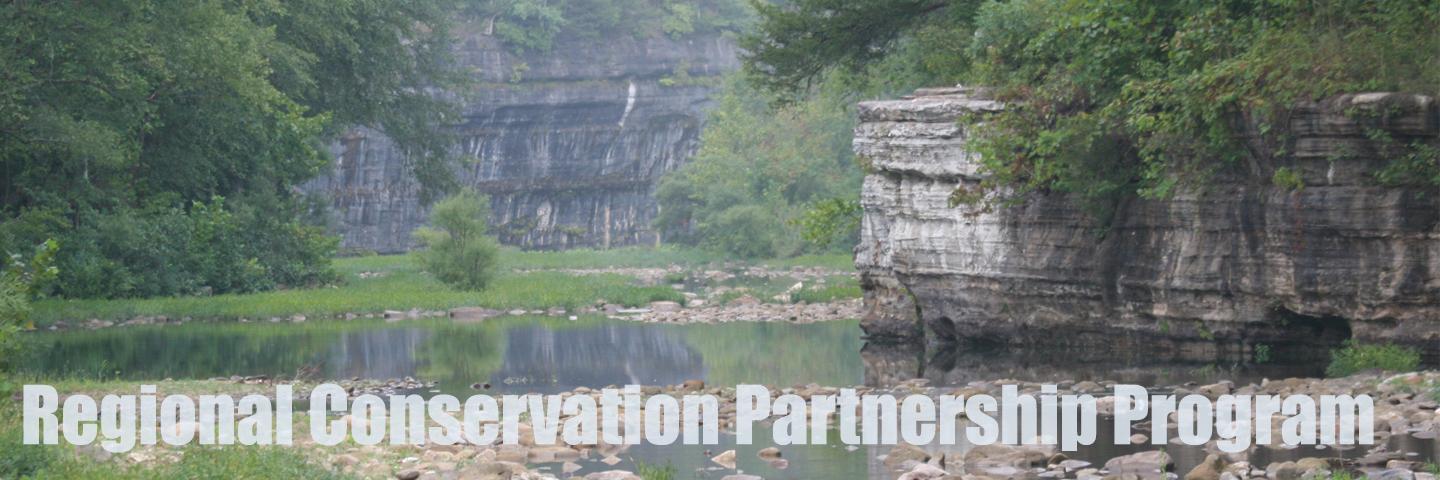USDA Investing $197 Million in Partner-Driven, Locally led Conservation

The U.S. Department of Agriculture (USDA) announced it is awarding $197 million for 41 locally led conservation projects through the Regional Conservation Partnership Program (RCPP). Arkansas is the lead state for one project and a partner state in another.
WASHINGTON – The U.S. Department of Agriculture (USDA) announced it is awarding $197 million for 41 locally led conservation projects through the Regional Conservation Partnership Program (RCPP). Arkansas is the lead state for one project and a partner state in another.
RCPP is a partner-driven program that leverages partner resources to advance innovative projects that address climate change, enhance water quality, and address other critical challenges on agricultural land.
“Our partners are experts in their fields and understand the challenges in their own backyards,” Agriculture Secretary Tom Vilsack said. “Through RCPP we can tap into that knowledge, in partnership with producers and USDA, to come up with lasting solutions to the challenges that farmers, ranchers, and landowners face. We’re looking forward to seeing the results of public-private partnership at its best, made possible through these RCPP investments.”
The projects funded today are awarded under two different RCPP funding opportunities: RCPP Classic and RCPP Alternative Funding Arrangements (AFA). RCPP Classic projects are implemented using NRCS contracts and easements with producers, landowners and communities, in collaboration with project partners. Through RCPP AFA, partners have more flexibility in working directly with agricultural producers to support the development of new conservation structures and approaches that would not otherwise be available under RCPP Classic
Awarded projects within Arkansas include:
War Eagle Creek Watershed Initiative
- Lead State: Arkansas
- Lead Partner: Beaver Watershed Alliance
- Award: $2,400,000
- Total Partner Contribution Amount: $2,629,684
- Project Summary: The War Eagle Creek Watershed (WECW) Initiative will advance landscape-scale conservation and provide source water protection for more than 550,00 residents of Northwest Arkansas. War Eagle Creek is the largest tributary in the Beaver Lake watershed and is a contributor of both sediment and phosphorus with several creek segments not meeting State standards. Reduction of sediment and nutrient loadings will be achieved by working with partners, producers, and landowners to implement innovative and traditional land management practices. In addition, at least one large stream restoration project will be implemented along War Eagle Creek.
Conjunctive Water Use Protects Mid-South Aquifers
- Lead State: Louisiana
- Partner States: Arkansas, Mississippi
- Lead Partner: Ducks Unlimited, Inc.
- Award: $7,850,000
- Total Partner Contribution Amount: $10,000,000
- Project Summary: Conjunctive water use is the coordinated use of ground and surface water resources. Ducks Unlimited and more than 10 partners plan to help farmers implement practices and systems that increase the availability of surface water resources for irrigation while increasing irrigation efficiency, with the aim of reducing dependency on dwindling Mid-South aquifers. Project partners will offer additional technical and financial assistance to participating producers, such as the Arkansas Department of Agriculture State tax credits to producers who improve on-farm water storage. The project will also realize climate benefits with the conversion of up to 250 farms from diesel to electric irrigation system
See the list of 2022 RCPP projects or view the interactive map.
As part of each project, partners offer value-added contributions to amplify the impact of RCPP funding in an amount equal to or greater than the NRCS investment.
Private landowners can apply to participate in an RCPP project in their region through awarded partners or at their local USDA service center.
More Information
First authorized in the 2014 Farm Bill, RCPP has leveraged partner contributions of more than $1 for every $1 invested by USDA, resulting in nearly $3 billion collectively invested in natural resource conservation on private lands. Since inception, RCPP has made 589 awards involving over 3,000 partner organizations. Currently there are 401 active projects, with at least one active project in every state and area. Successful RCPP projects provide innovative conservation solutions, leverage partner contributions and offer impactful and measurable outcomes.
For more information about RCPP, visit the NRCS website.
RCPP is part of NRCS’ broader effort to engage partners. For example, NRCS recently announced it will invest $35 million this year through the Conservation Innovation Grants (CIG) program. Through CIG, grantees work to address our nation's water quality, water quantity, air quality, soil health and wildlife habitat challenges, all while supporting agricultural production.
USDA touches the lives of all Americans each day in so many positive ways. In the Biden-Harris administration, USDA is transforming America’s food system with a greater focus on more resilient local and regional food production, fairer markets for all producers, ensuring access to safe, healthy and nutritious food in all communities, building new markets and streams of income for farmers and producers using climate smart food and forestry practices, making historic investments in infrastructure and clean energy capabilities in rural America, and committing to equity across the Department by removing systemic barriers and building a workforce more representative of America. To learn more, visit www.usda.gov.

